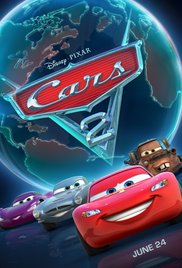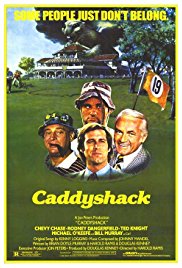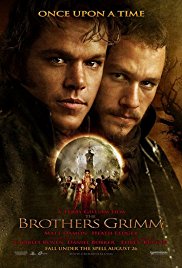 “Cars 2” is more entertaining than the 2006 original, but it damn well better be. “Cars” is the weakest movie in Pixar history, and this movie, when compared to the rest of Pixar’s titles, still ranks no higher than the second-weakest or third-weakest movie in Pixar history. It looks fantastic, and contains some nifty action sequences, but the story, quite frankly, is beneath them.
“Cars 2” is more entertaining than the 2006 original, but it damn well better be. “Cars” is the weakest movie in Pixar history, and this movie, when compared to the rest of Pixar’s titles, still ranks no higher than the second-weakest or third-weakest movie in Pixar history. It looks fantastic, and contains some nifty action sequences, but the story, quite frankly, is beneath them.
Lightning McQueen (Owen Wilson) is looking forward to taking some time away from the racing circuit to hang out with his friends in Radiator Springs, but he is goaded into joining a three-stage, bi-continental race by energy magnate Sir Miles Axlerod (Eddie Izzard) and hotshot Formula One driver Francesco Bernoulli (a very funny John Turturro). Lightning decides to take his best friend Mater (Larry the Cable Guy) with him, and during the Tokyo stage, Mater embarrasses Lightning in front of his more refined racer friends, while being mistaken for an undercover American spy by British secret agent Finn McMissile (Michael Caine). Soon Mater is off assisting Finn and Holly Shiftwell (Emily Mortimer) on a secret mission, and before long they discover that their mission involves McQueen and the other drivers in the World Grand Prix, and a plot to destroy them.
Here is the most important thing you need to know about this movie: Larry the Cable Guy has top billing. Larry actually turned in a nice performance as a supporting character in the original, but making him top banana…oh, how do we put this delicately…it makes for a dumber movie. They can put all of the spy gadgets and gearhead talk – and they supply plenty of both – as they want, but in the end, this is a slightly smarter version of one of Larry the Cable Guy’s live action movies, which is to say, still not terribly smart. The kids will love it. Grown-ups’ results will definitely vary.
Caine and Mortimer do a good job keeping the spy element interesting (even if the mystery itself would make Scooby Doo blush), and the Toyko sequence contains some great bits, especially the Japanese game show clip. That story, though, is death. Between the boatloads of exposition and the entire spy plot hanging on the four words Mater doesn’t say (you know what they are), there are few of Pixar’s trademark story elements in play. If anything, it’s a lot like “Megamind” or DreamWorks’ other non-“Kung Fu Panda” movies – it’s noisier than it is fun. And if you must see this film, for God’s sake do not under any circumstances see it in 3D. There is hardly anything 3D about it.
You can’t help but feel sorry for John Lasseter and the Pixar crew. They surely know that “Cars” is their worst movie, but from a merchandising standpoint, it’s just under “Toy Story” on the cash cow scale. They had to make a second “Cars” movie, and it must have killed them to know that they could never inject “Cars 2” with the emotional depth of “Up” or “WALL·E” or the smarts of “The Incredibles.” Transforming it from a road movie to a spy movie was a good idea, though. Making Mater the star, however, was not.
 (3 / 5)
(3 / 5)





 (2.5 / 5)
(2.5 / 5)

 (4 / 5)
(4 / 5)


 (5 / 5)
(5 / 5)

 (0.5 / 5)
(0.5 / 5)



